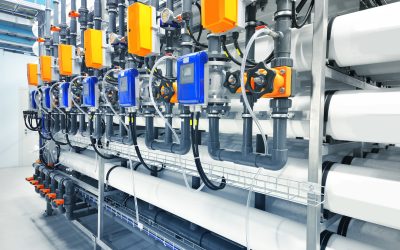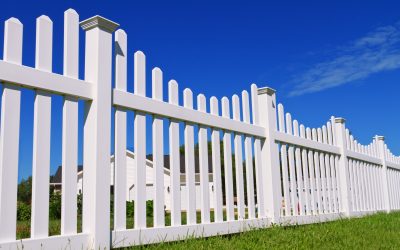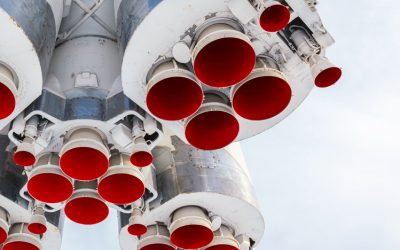Homeowners in Rhode Island understand the importance of reliable plumbing systems, especially when it comes to managing wastewater safely and efficiently. A well-maintained sewage pump is essential for preventing unpleasant backups, property damage, and costly emergency repairs. Many people search for professional help using the phrase Sewage Pump Maintenance Rhode Island when seeking trusted solutions to keep their homes running smoothly. Regular care and timely attention can extend the lifespan of your sewage pump and provide peace of mind for years to come.
Why Regular Sewage Pump Maintenance Matters
Sewage pumps play a vital role in moving wastewater from lower levels of your home—such as basements or below-grade bathrooms—to the main sewer line. Over time, pumps can become clogged with debris, experience mechanical wear, or develop electrical issues. Without routine maintenance, these problems can escalate, leading to system failures that are both inconvenient and expensive to fix.
Consistent upkeep offers several benefits:
- Prevents Emergency Breakdowns: Routine inspections catch minor issues before they turn into major malfunctions.
- Reduces Repair Costs: Proactive care helps avoid expensive replacement parts or entire system overhauls.
- Maintains Home Hygiene: Functional pumps prevent sewage backups that can cause foul odors and unsanitary conditions.
- Extends Equipment Life: Well-maintained pumps simply last longer, saving you money in the long run.
What Regular Maintenance Involves
A comprehensive maintenance routine for sewage pumps typically includes the following steps:
- Visual Inspection: Check for obvious signs of wear, corrosion, or damage to the pump and its components.
- Testing the Pump Cycle: Ensure the pump turns on and off properly by simulating normal water flow.
- Cleaning the Pit and Components: Remove debris and sediment buildup that can interfere with performance.
- Checking for Leaks: Inspect seals, gaskets, and connections for any signs of leakage.
- Electrical System Assessment: Examine wiring, switches, and connections for safety and efficiency.
- Verifying Alarm Systems: Make sure any built-in alarms or alerts function as intended to warn of potential failures.
By following these steps, you can identify early warning signs and address them promptly, minimizing the risk of unexpected breakdowns.
Signs Your Sewage Pump Needs Attention
Even with regular maintenance, it’s important to recognize when your sewage pump may need immediate service. Watch for these warning signs:
- Unusual noises, such as grinding or rattling
- Frequent cycling or failure to turn on
- Foul odors coming from drains or the pump area
- Slow drainage or water backing up into lower-level fixtures
- Visible leaks or pooling water around the pump
Addressing these issues quickly can prevent more extensive damage and ensure your system remains dependable.
How Often Should Maintenance Be Performed?
Most experts recommend having your sewage pump professionally inspected and serviced at least once a year. However, homes with higher usage, older systems, or previous issues may benefit from more frequent check-ups. Scheduling maintenance before the wet season or heavy rainfall can also help avoid unexpected failures when your pump is needed most.
Regular attention to your sewage pump is a smart investment in your home’s safety and value. By prioritizing maintenance, you safeguard your property against costly repairs and ensure a healthier living environment. Homeowners throughout Rhode Island trust proven maintenance routines to keep their sewage systems operating reliably year-round.


